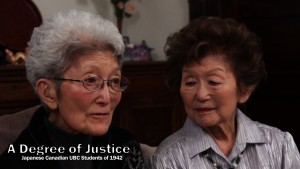Professor Gregory Levine from the Department of History of Art at University of California, Berkeley will be presenting the following lecture:
Captured Buddha: Kawabata Ryūshi’s “Rakuyō Captured Buddha: Kawabata Ryūshi’s “Rakuyō Kōryaku”
November 19 (Monday)
Lasserre 105, 12-2 p.m.
This lecture considers Kawabata Ryūshi’s (1885-1966) monumental painting, The Capture of Luoyang (Rakuyō kōryaku; 1944), part of the important and controversial corpus of Japanese War Painting (Sensō kiryokuga ), noting its formal features, relationship to Japanese colonial control of and scholarship on Chinese Buddhist sites, and brief but significant exhibition in 1945.



